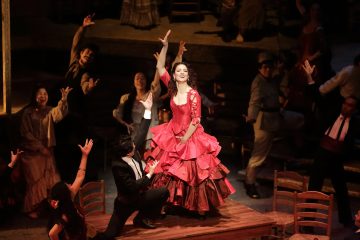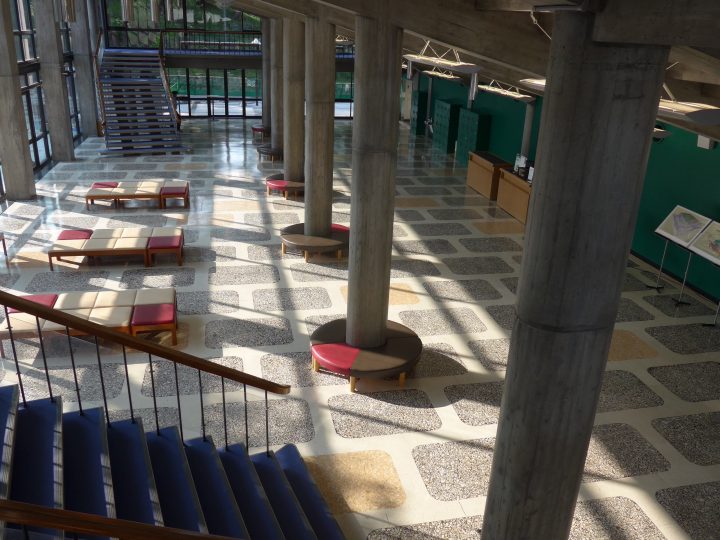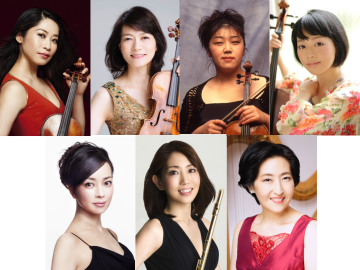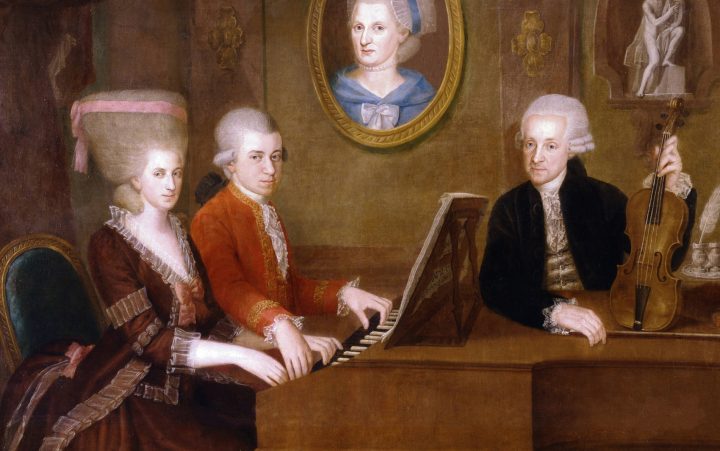Ryu Miho's "Woman in Jazz♡" 5th Minton House (JR Ishikawacho Station)
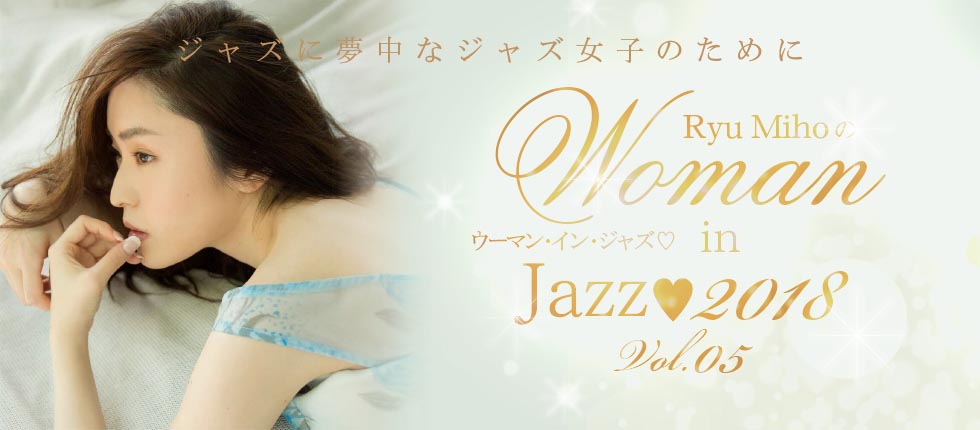
Ryu: The moment I opened the door, the first thing I saw was a rack full of records. How many records are there?

Oidon: We have about 3,500 records now. When we opened in 1975, we started with just over 200, but records were easy to get back then, and we didn't have to worry about not having anything like we do now. In the '90s, we moved to CDs, but by that point, I think we had about 3,500 records.
Ryu: Do you select and then buy your records yourself?
Oidon: That's true for the most part, but if you're playing jazz, there are certain standards that you have to have, right? I had to collect those kinds of things, and people who collected previous albums at that time collected Blue Note, Standard, Prestige, Riverside, and the like, so there was no hip-hop at that time, so in '75, crossover albums started coming out, and I started collecting ECM-type (ECM Records). It takes time, effort, and money to buy the standard stuff, but I collected Chick Corea, Keith Jarrett, Herbie Hancock, and other fusion artists. At that time, the people who came to the store were the fusion generation in their teens and twenties, so there were many jazz stores in Yokohama, and young people would go from one jazz store to another, so it was a good time when people came without any commercials or anything.
Ryu: What was the atmosphere like inside the store with customers gathering?
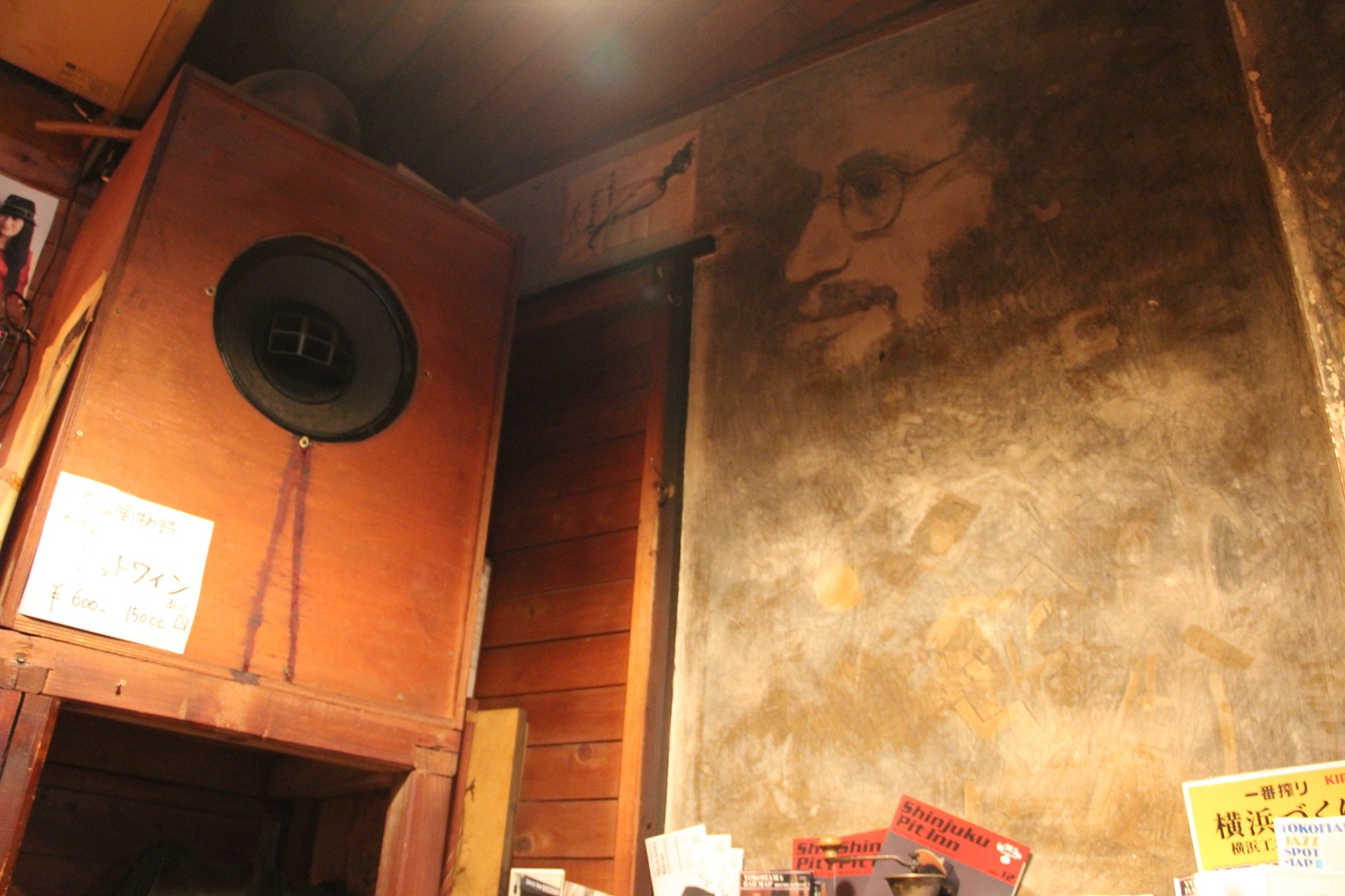
Oidon: At that time, if you put a bottle of Suntory on the table, put ice and water, four or five people would sit around the table and fill the seats. It was easy to make at that time. Just put the bottle and the seats would be filled.
Back in 1975, no matter how many people came and how busy we were, we could wait even if there was no ice bucket on the table.
Ryu: It's only recently that people have started ordering individually.
Oidon: That's right.
Ryu: I think that nowadays it's less common for groups of four or five people to go to a jazz cafe like back then, and there are fewer people talking about jazz in groups, so what kind of things did you usually talk about?
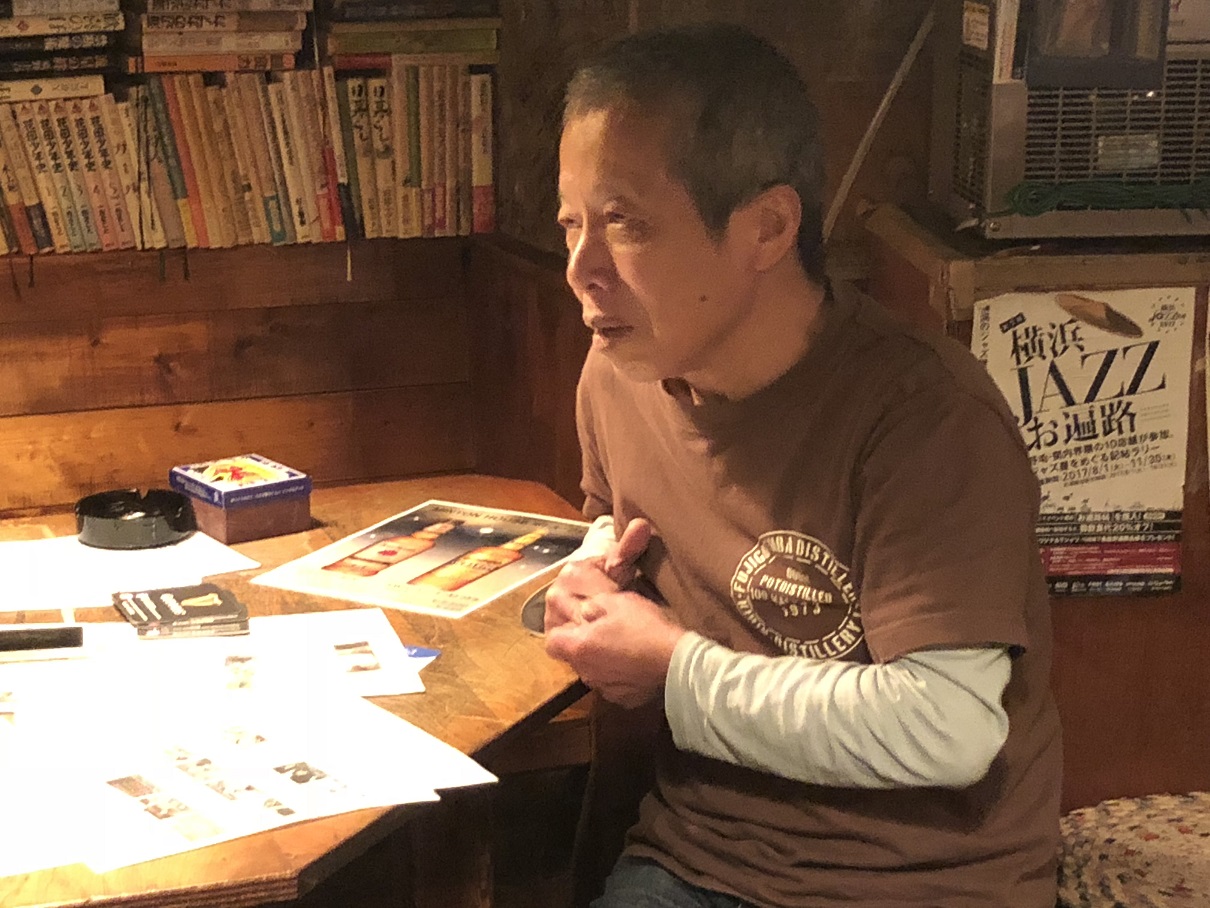
Oidon: At that time, we would put the bottle down and chat, but if the conversation got too lively, I would hand over a note saying "You're getting too excited." So, we talked to a certain extent, but I asked them to refrain from talking loudly for personal reasons.
Back then, young people would go to see fusion artists if they were in the spotlight in Japan, and they would share information from monthly magazines like Swing Journal. Nowadays, many people are looking for the overall atmosphere, and sound is a part of it.
Ryu: There are records and speakers that can no longer be played, and things that are rarely found in homes these days, so it seems that many people come here looking for the sound and atmosphere.
Oidon: Yes, that's right. Also, the people who were in their late teens and early twenties at the time have grown older, and now there are people in their 50s to 70s. There are also some younger people.
Ryu: You look very young, but it seems you are watching everyone grow up too.
Oidon: I started this store when I was 27 years old. I was wondering what to do when I couldn't do any other work. I used to work at a university co-op, and someone there was also in the editorial department of the monthly Jazz magazine. So I thought, why not Jazz? I could have done rock, but rock albums tend to capture the moment. So it would be hard to just collect records. I thought that if I collected Jazz from the 50s and 60s, I could get the part of the present and the part of the past together, and that would work. So I chose Jazz.
Ryu: I see, now I understand why you chose Jazz. Also, why did you start being called "Oidon"?
Oidon: I'm not good at talking, and I have a tendency to look down, so it was just right for me. This is a business that works if you can look up, take an order, and say thank you when customers leave. I can talk now, but before, no one would talk to me if I went behind the counter.
I started calling him Oidon because I didn't like being called "master." At the time, there was a manga called "Otoko Oidon" by Matsumoto Reiji, and he was short and wore a tulip-like hat to hide his face. The daughter of a ramen shop nearby gave him the name when he was in elementary school.
The character, Oidon, loves ramen and rice and lives in a four-and-a-half-tatami room. He actually goes out to eat ramen and rice, so he became Oidon.
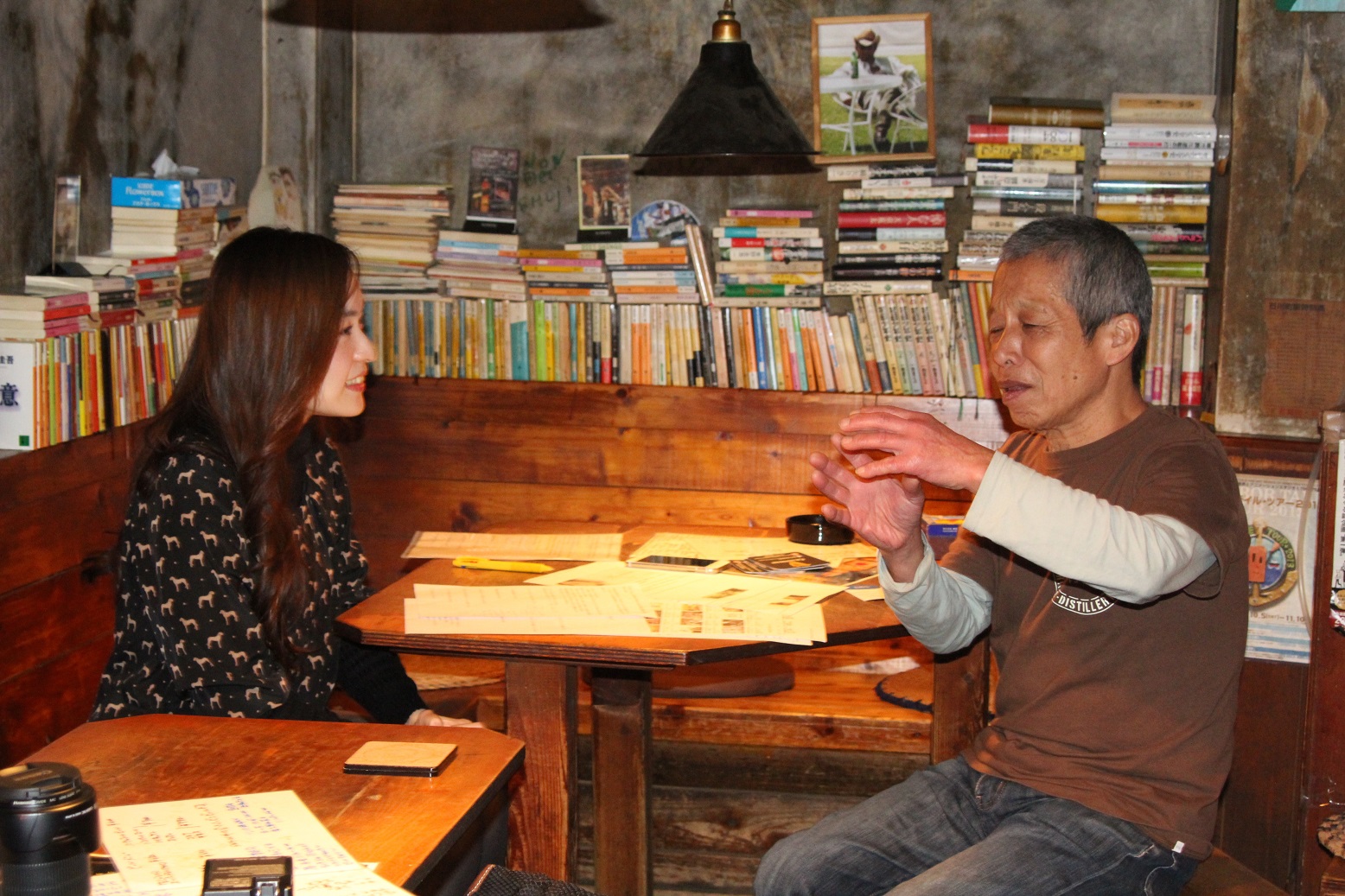
Ryu: Everyone calls you Oidon.
I've heard a lot of people say that they find the owner soothing, so it was a relief to actually meet Oidon. I still have the image that jazz cafes have to be quiet, so it's reassuring to see Oidon being so kind.
Oidon: That's good. I think it's amazing that someone can talk about an album in their own words, but I don't know if they have the technique or not, and I think their piano playing is amazing, but they're no different from any other person.
Well, I just listen to it every day.
Ryu: That's the biggest thing. How do you choose the songs?
Oidon: I don't think too much about it. If there's a piano solo, I'll make a piano trio, or add a tenor or a trumpet, and I just choose the instruments like that, shifting them slightly.
Ryu: I see. Would a sudden change ruin the atmosphere of the store?
Oidon: But while change does mean losing something, I also feel like there might be something new to gain.
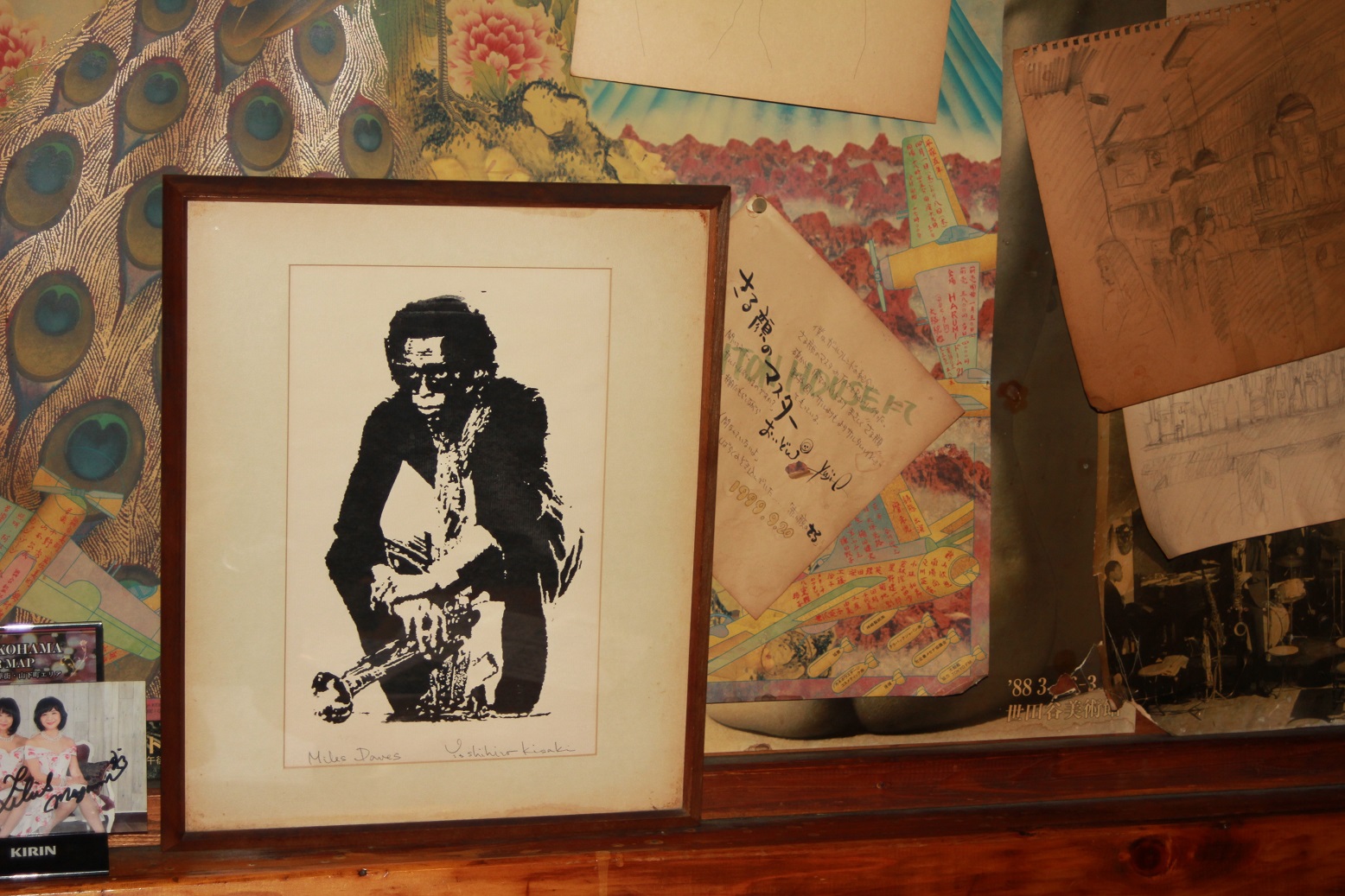
Ryu: This theme is "Women in Jazz". I want to introduce it so that women can easily enter even if they are alone. Are there any women who can come alone?
Oidon: Right now the door is closed because it's cold, but when it's open everyone takes a peek inside. This door is very heavy. I think it takes time to muster the courage to open the heavy door and feel comfortable inside. Once you go in you feel at ease, but I think it takes courage to get there. So if you open the door a little, everyone's eyes will be on you, but once you're inside the sound will protect you, so I think it's comfortable. I want to let you know that this isn't a casual kind of store.
Ryu: So that's what was intended when it was made.
Oidon: I think now that places that can't be seen from the outside are very important. The shop is square and glass-fronted so you can see outside from inside, but people have private parts that they don't want people to see, so I think these seats that can't be seen, the table seats, were a memorial to their teens and twenties, or an important time for them, so I think they were an important part of them whether they were saying goodbye or not, so I want to keep them.
Ryu: If I sat in that seat again as an adult, my feelings might be different, but it would bring back a lot of memories.
Oidon: Yes, that private space is actually made of bricks, and it's cluttered with books and stuff, but it hasn't changed in 75 years. I cut out a single piece of plywood to make the chairs, and yet it hasn't changed. I just put together things and did it on my own accord, and the day before we opened, I cut out a photogravure from Swing Journal and drew it in charcoal. Nothing has changed since we first opened.
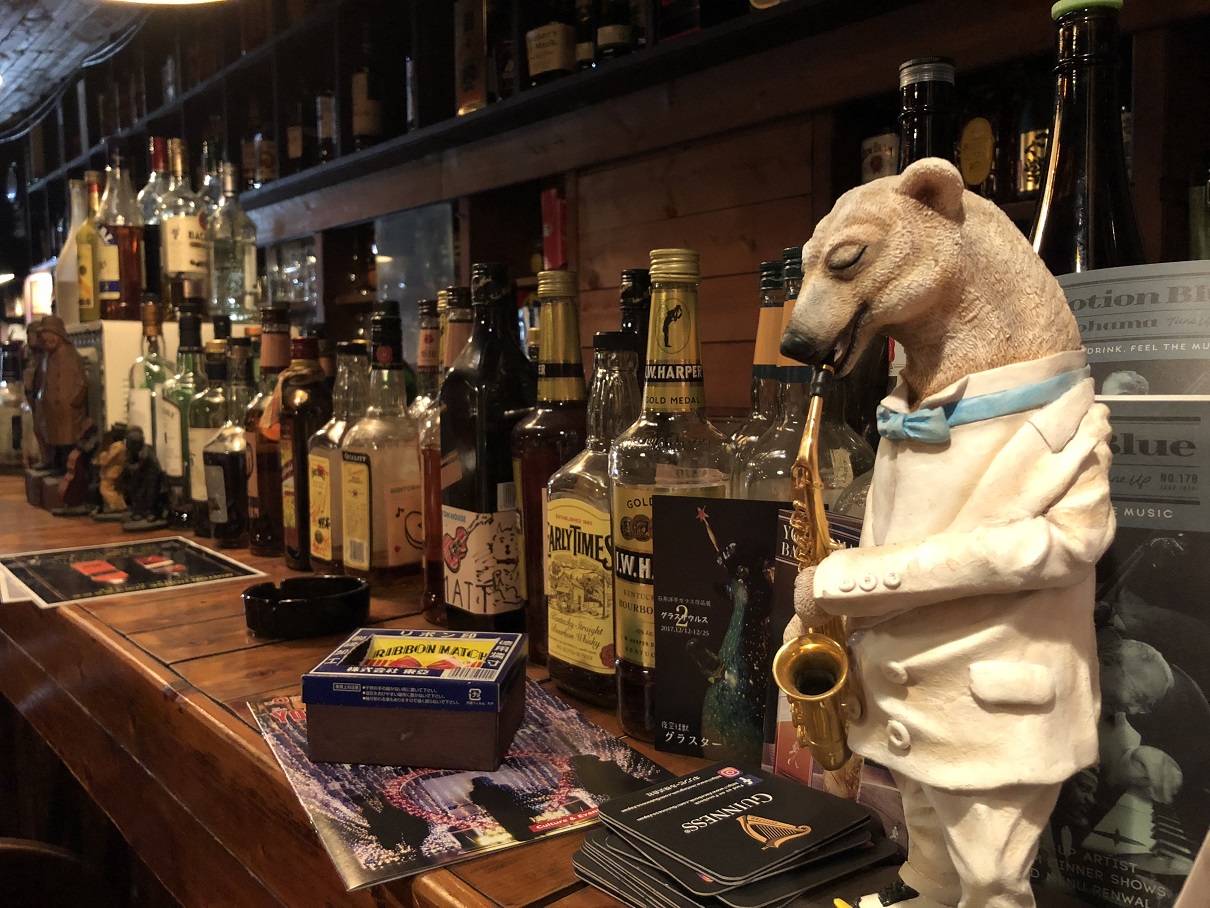
Ryu: That's right! That's cool. It's a store that hasn't changed, and it makes you feel like you've traveled back in time, and it's a store that has been carving out history. It's wonderful.
Ryu: What do you recommend at the restaurant?
Oidon: Right now it's cheaper to keep bottles of Johnnie Walker Double Black, Four Roses, and IW Harper.
Ryu: Also, are there any recommended drinks that go well with jazz at this time of year?
Oidon: It's cold, so I make mulled wine. The only thing I put effort into making is mulled wine.
At cafes, chai is served, poured to the brim in a mug. Customers can sweeten it themselves, so chai made with cinnamon leaves, boiled in milk and served in large quantities is the more popular choice.
Ryu: What does this store mean to you?
Oidon: Let's say you come here once a year or once a week.
I'm here every day. So if I'm not comfortable, I'll be the first to run away. So this is a comfortable place for me. It's the only thing I protect. I guess it means I put myself first, not the customer. Otherwise I wouldn't last.
Ryu: That's right. What is Jazz for me?
Oidon: Is it everything in your life?

Ryu: Finally, please give a message to our female readers.
Oidon: Women act on their own, including deciding where they want to go. Men can't do anything, but women have their own vitality and move around freely and relaxed, so I think that's something men envy. Their behavioral pattern is that they have almost nothing to protect. I feel like they want to let it out freely. Even when they say they want it, they let it out. The best thing to do what you want is right now, so it hasn't taken a long time to find this place, and the moment you sit here, it's a good thing, so you can just start from there, so it's never too late or too early, and I think being alive right now is a happy thing. Happiness is here and now.
Now is the happiest time. Happiness is not in the past or the future. Good luck with your jazz playing and jazz vocals.
Ryu: Thank you! I was encouraged too.
What did you think? The 5th "Woman in Jazz♡"
This time, we visited Minton House, a long-established jazz bar that sits quietly on a small street in Yamashitacho, close to Yokohama Chinatown. When you open the heavy door, you'll feel like you've been transported back in time, while also being soothed by the sounds and atmosphere. And talking to the bartender will make you feel even more relaxed.
